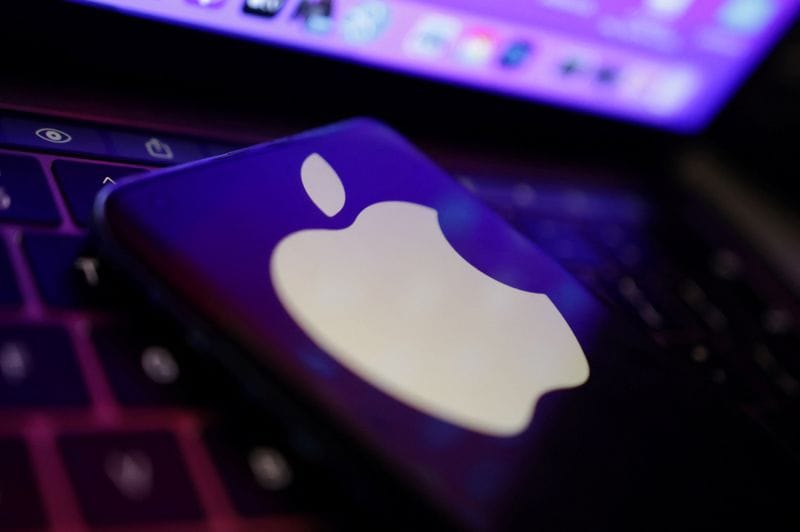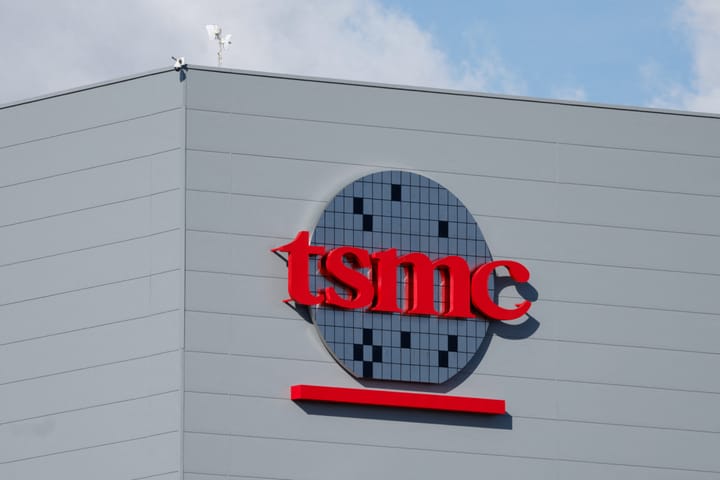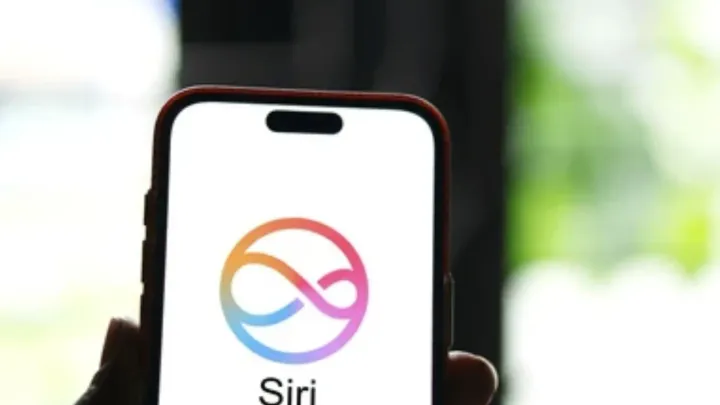Apple Criticizes Meta’s Interoperability Demands Amid EU Scrutiny
Apple criticizes Meta's interoperability demands, citing concerns over privacy and security risks.

Apple has pushed back against Meta's repeated requests for access to its software tools, warning that granting these requests could pose serious risks to user privacy and security. The disagreement between the two tech giants highlights the ongoing rivalry between Apple and Meta, especially as both companies seek to maintain their dominance in the rapidly evolving tech ecosystem.
In a report released on December 18, Apple stated that Meta's numerous interoperability requests—15 in total—could allow the social media company to access sensitive user data across Apple devices. These requests, Apple argues, go far beyond the needs of Meta’s virtual reality (VR) devices, such as the Meta Quest headset and the company's smart glasses.
The Digital Markets Act and Interoperability Demands
The conflict stems from the European Union's Digital Markets Act (DMA), which came into force last year. The act aims to regulate dominant tech companies, like Apple, and ensure that they don’t stifle competition. Under the DMA, companies like Apple must allow rival platforms and app developers to interoperate with their services and devices. Failure to comply could lead to fines of up to 10% of a company’s global annual turnover.
So far, Meta has been the most active company in requesting access to Apple’s software stack. While these requests are seen as necessary to create a more open ecosystem, Apple is concerned about the privacy implications for its users.
Meta's Ambitious Plans for the Metaverse
Meta’s goal is to create a metaverse—a virtual world that integrates augmented reality (AR) and virtual reality (VR)—and the company views access to Apple's ecosystem as crucial in achieving this vision. Meta's requests involve access to core features of Apple's devices, including data from iPhones, iPads, and Macs, to enhance the functionality of its own virtual reality devices, such as Meta Quest.
However, Apple has expressed concerns that these requests would give Meta too much access to sensitive user data. In its report, Apple outlined potential risks, including allowing Meta to access messages, emails, phone call logs, photos, calendar events, passwords, and app usage data. Apple also pointed to Meta’s history of privacy violations, including substantial fines imposed on the company in Europe, as a reason for its hesitations.
Apple Defends User Privacy
Apple’s spokesperson emphasized that its privacy policies are in place to protect users and safeguard their personal data. “If Apple were to grant all of these requests, it would essentially open the floodgates to sensitive data,” the company said. Apple further stressed that Meta’s demands appeared to be largely unrelated to the functionality of Meta’s devices, like Meta Quest and Meta smart glasses, suggesting that the requests were not in line with fair competition practices.
In response, Meta dismissed Apple’s claims, accusing the company of using privacy concerns as an excuse to avoid interoperability. “Every time Apple is called out for its anti-competitive behavior, they defend themselves on privacy grounds that have no basis in reality,” a Meta spokesperson stated.
EU Scrutiny and the Path Forward
The European Commission, the EU’s competition watchdog, has also weighed in on the dispute. In September 2023, the Commission announced it would assess how Apple can comply with the DMA’s interoperability provisions. The EU is particularly focused on ensuring that Apple allows third-party developers to access certain functionalities, including iOS notifications, across all Apple devices.
The Commission’s recent draft proposal outlines the steps Apple must take to comply with the DMA’s interoperability requirements. One of the key proposals is that Apple must allow developers to access the iOS notifications feature on the Apple Watch, Apple Vision Pro, and any future Apple devices. Moreover, Apple will be required to provide clear deadlines and criteria for assessing interoperability requests from third-party developers.
Feedback and Future Considerations
The Commission’s proposals are now open for public feedback, and individuals, companies, and organizations have until January 9, 2024, to provide their input. Apple will also need to establish a transparent process for resolving technical disagreements with developers and ensure regular updates on the status of interoperability solutions.
A final decision on whether Apple complies with the DMA’s interoperability provisions is expected by March 2024. If Apple fails to meet the requirements, it could face significant penalties.
The Future of Apple and Meta's Rivalry
The ongoing dispute over interoperability underscores the competitive tension between Apple and Meta, two of the biggest players in the tech world. Apple’s emphasis on privacy contrasts sharply with Meta’s vision for a more interconnected digital world. As both companies continue to push for dominance in emerging technologies like VR and AR, the stakes are high not only for them but also for the users who rely on their devices and services.
As the EU continues its investigation into Apple's compliance with the DMA, the broader tech industry is watching closely. The outcomes of this dispute could have far-reaching implications for how tech companies operate within the European Union and beyond, particularly in terms of privacy, competition, and innovation.



